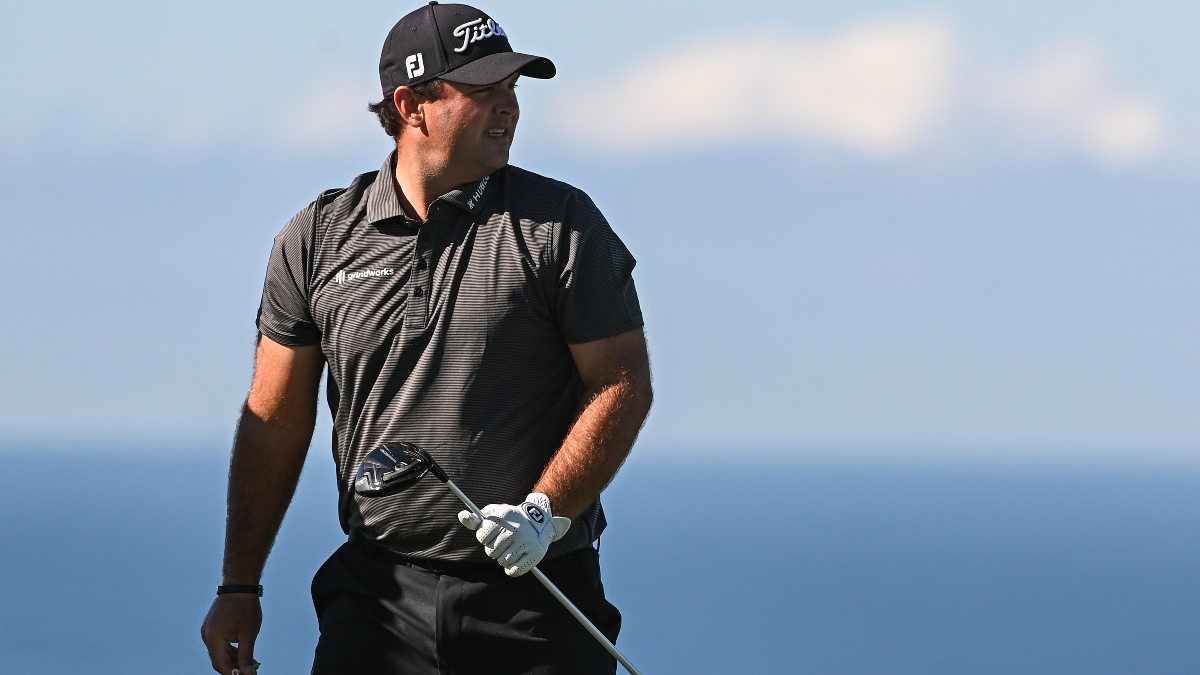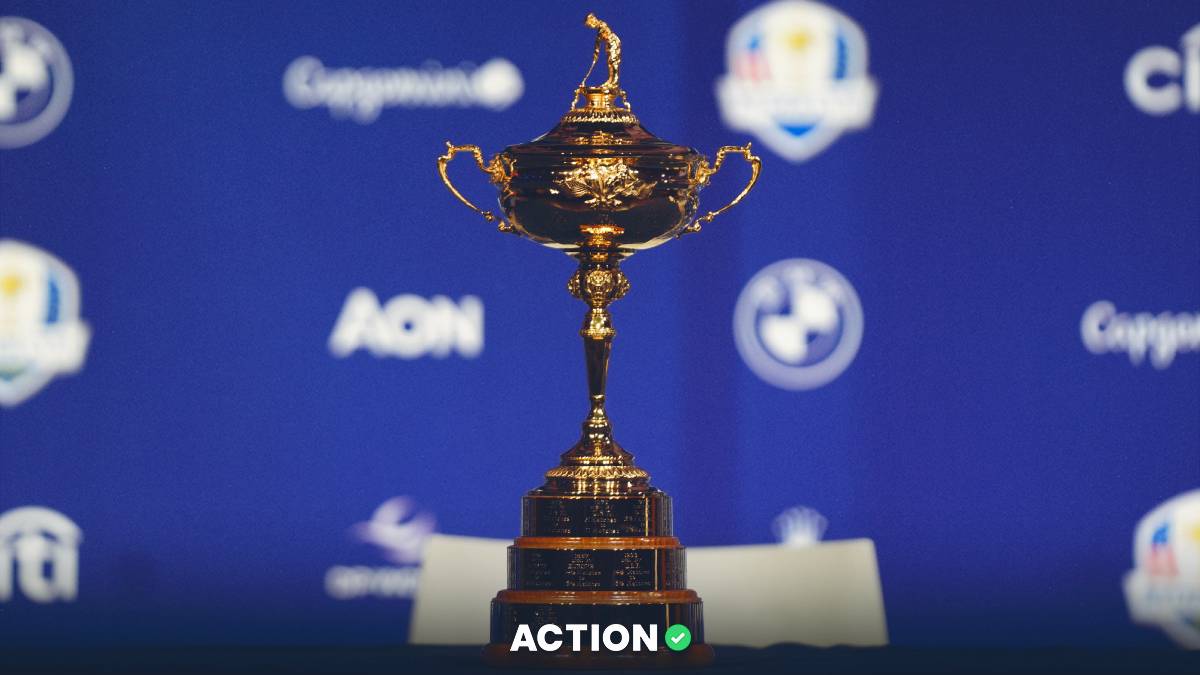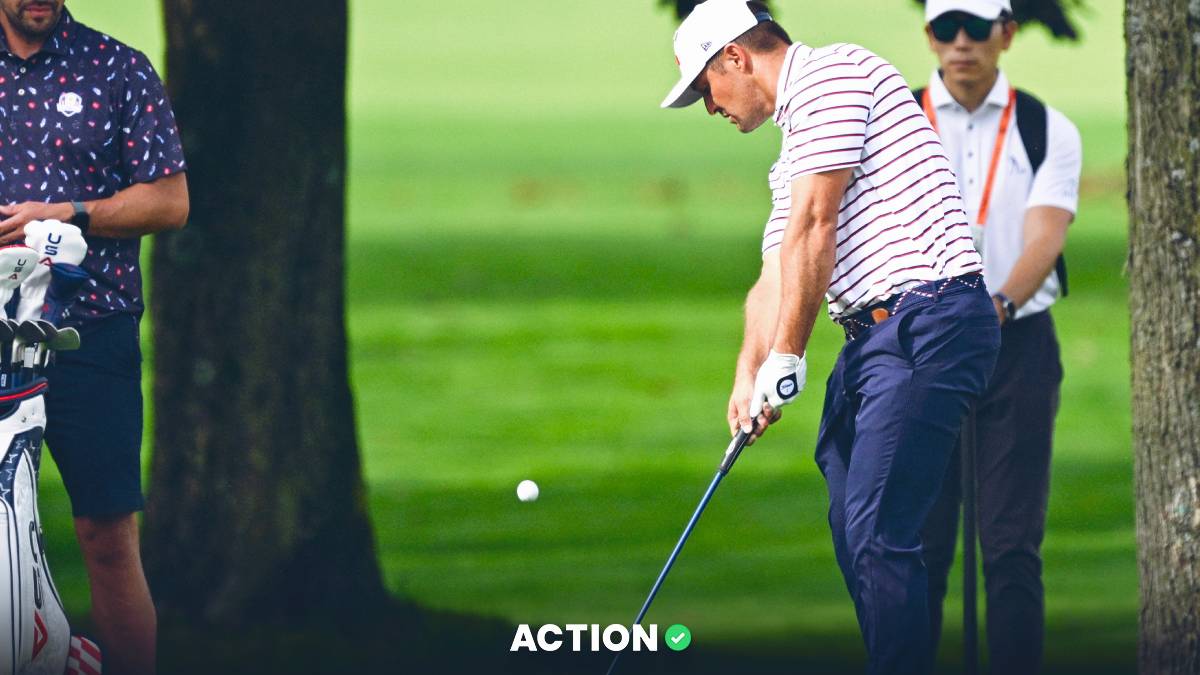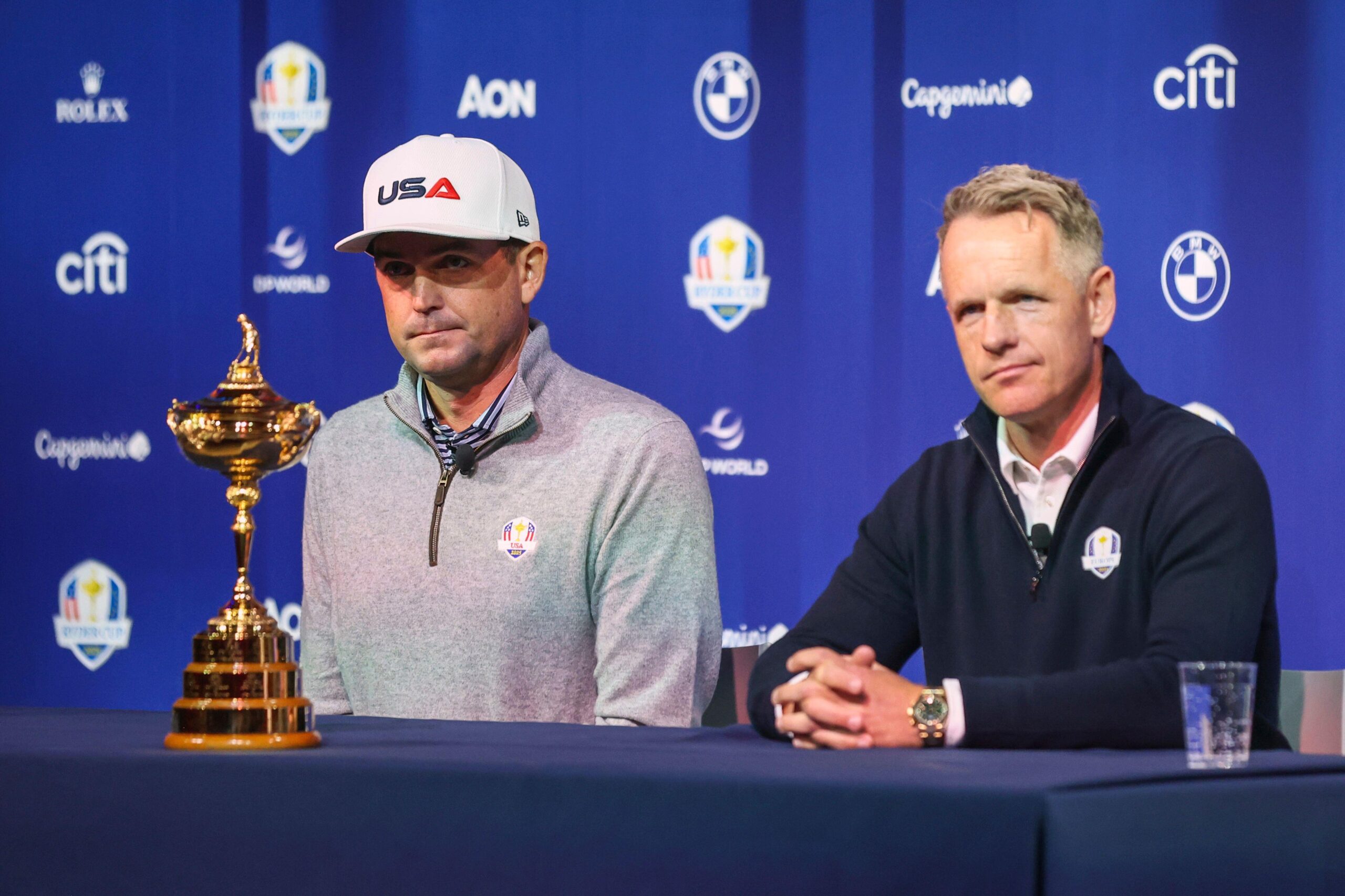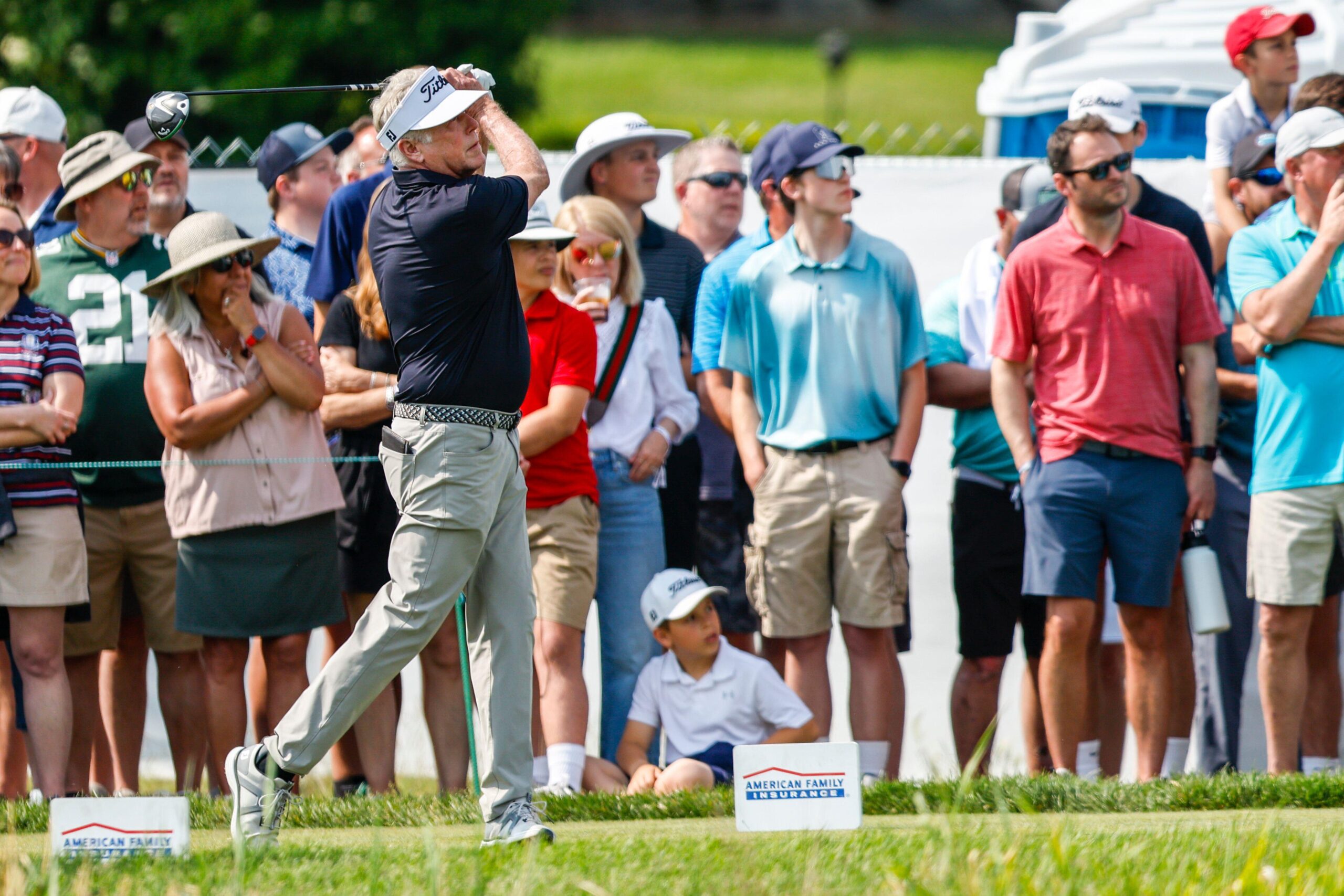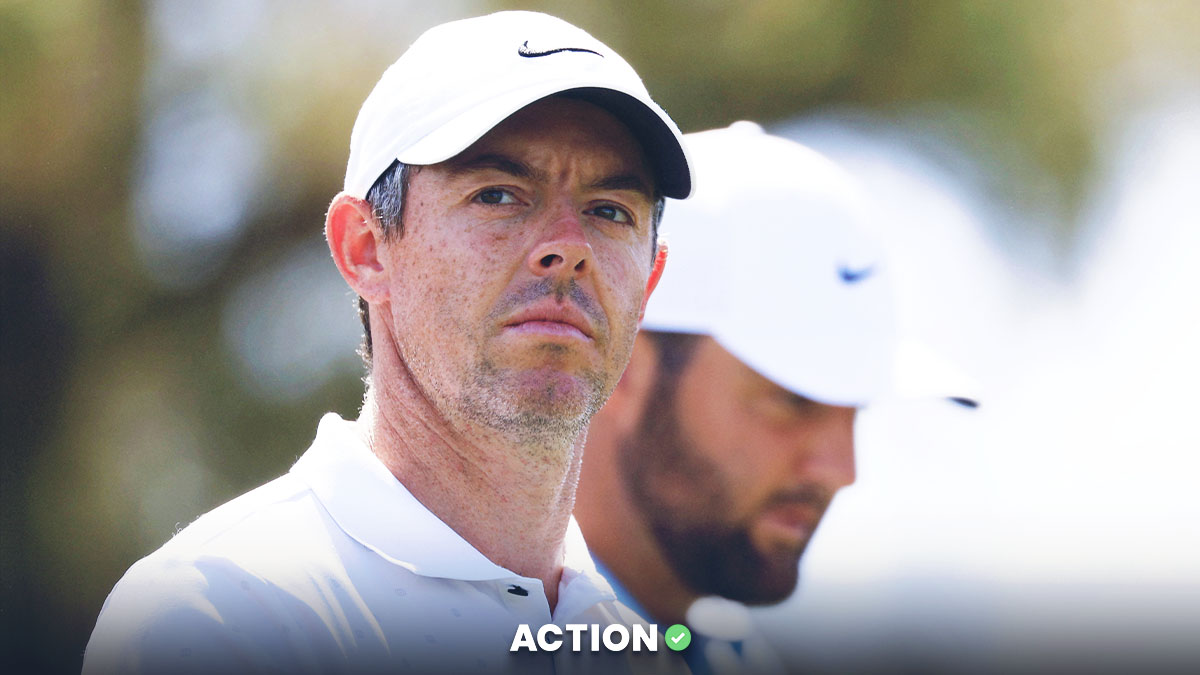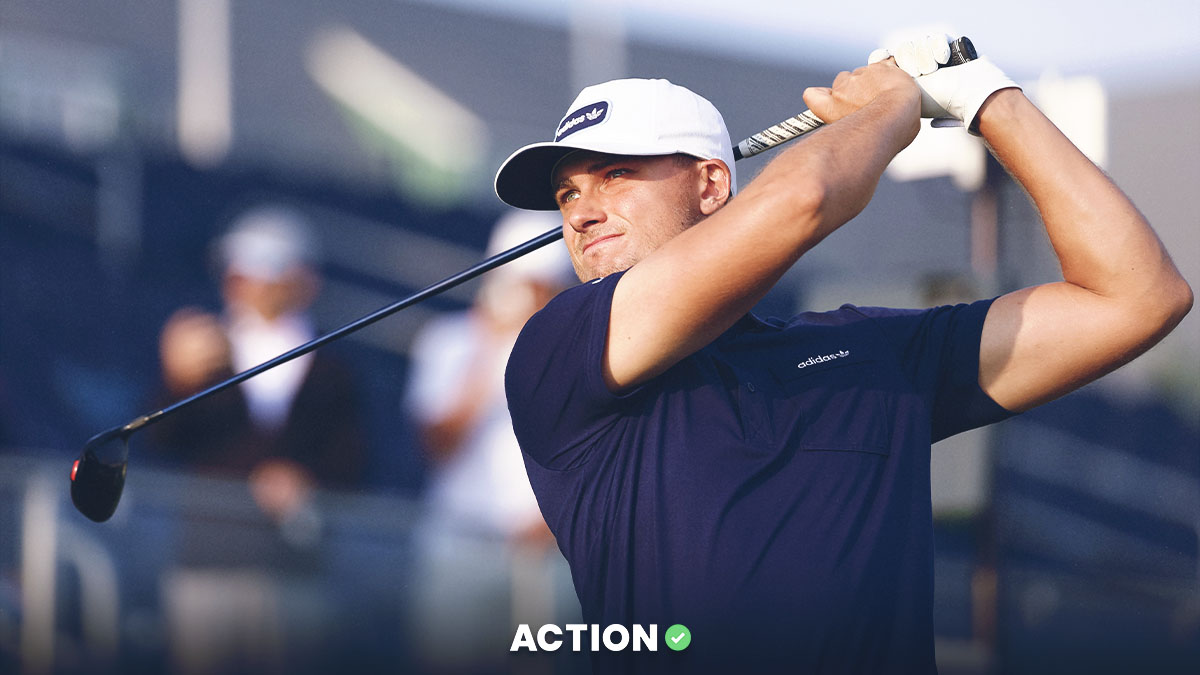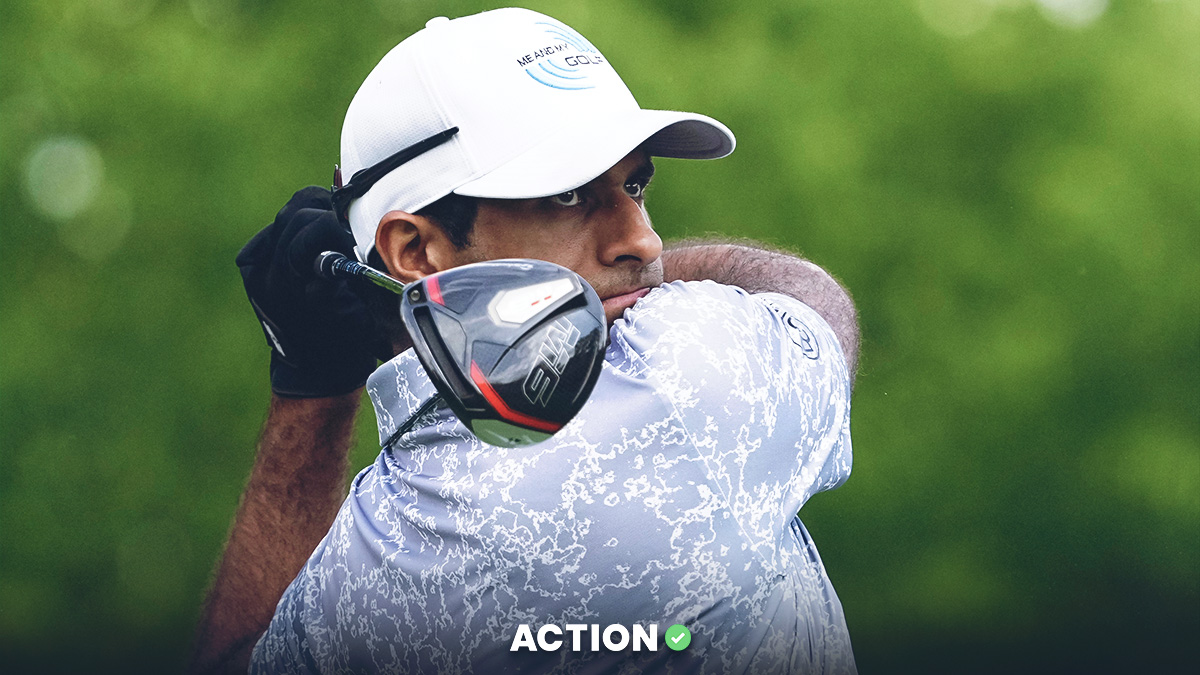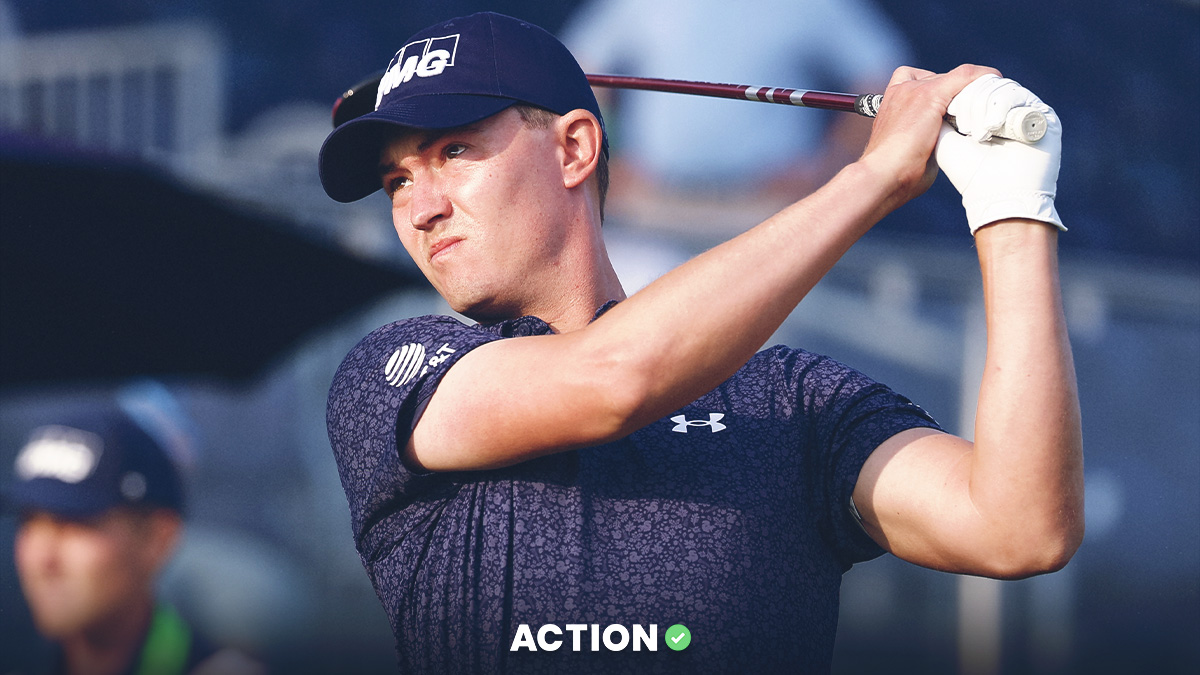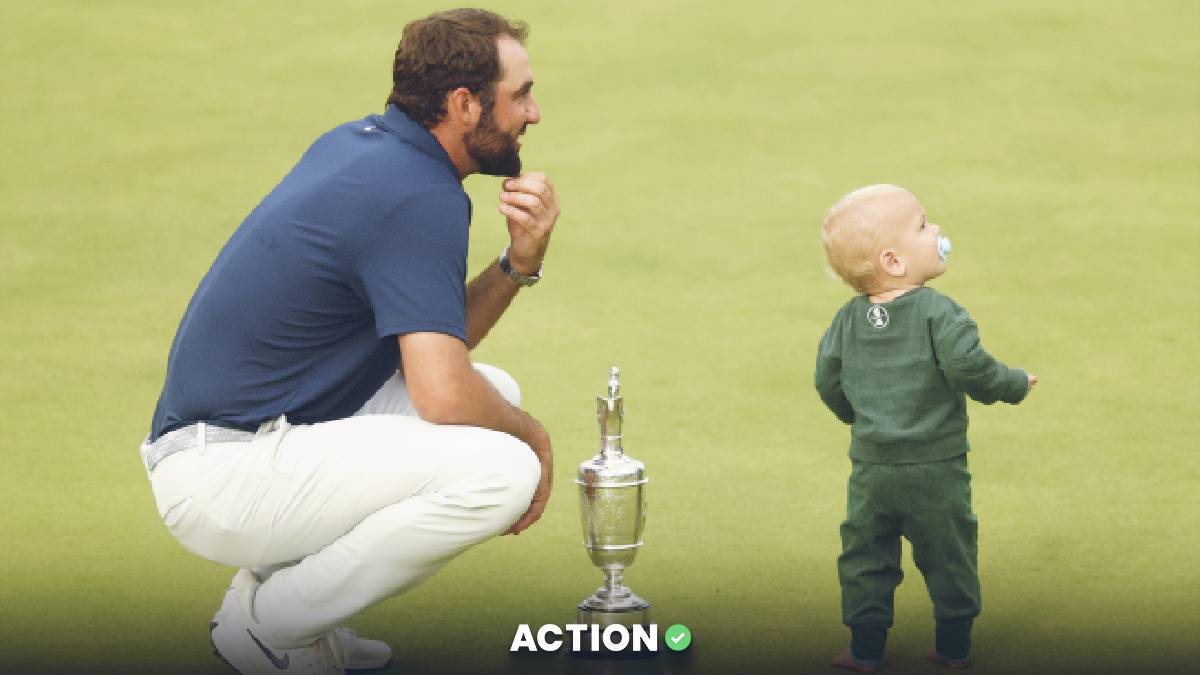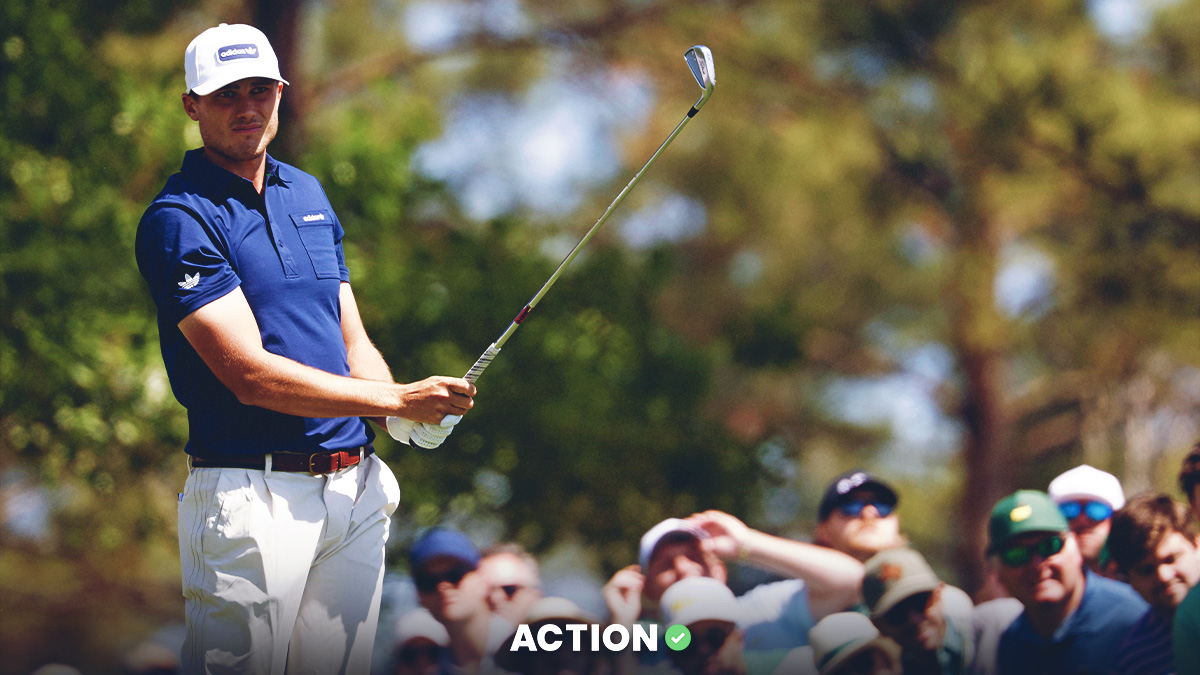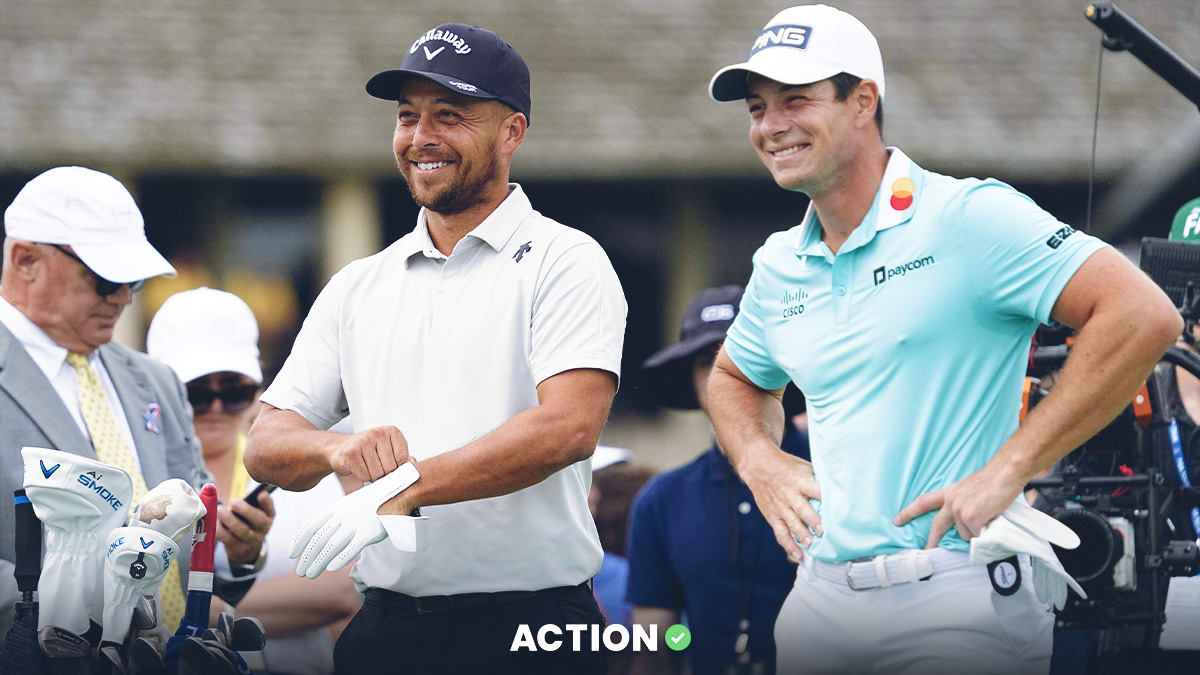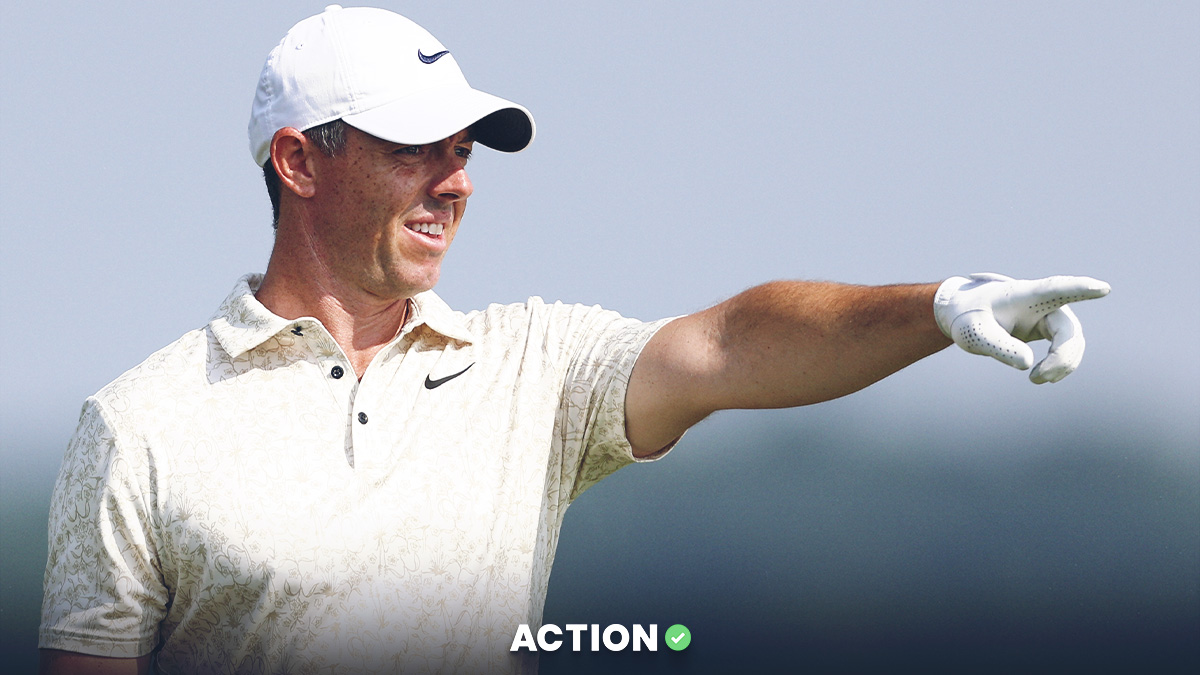You could say that Patrick Reed took a quick peek at a tournament featuring a stud-filled leaderboard on an exquisite Saturday afternoon at Torrey Pines, checked to see it nestled in a perfect spot between major football weekends and decided to put his fingerprints all over it.
On the 10th hole during the third round of the Farmers Insurance Open, Reed hit a wayward approach shot into the left rough. He didn’t see it bounce. His playing partners didn’t see it bounce. And by the time he’d walked the next 132 yards to find it, a volunteer marshal said she didn’t see it bounce, either.
Before we go further with this story — and yes, there’s much more to get into here — I’d like to make two points.
The first is that not seeing a ball bounce and confirming that it absolutely did not bounce are two observations which sound similar enough, but people have been found guilty or acquitted based on the difference between them.
The second is that even though TOUR volunteers do a tremendous job and should forever be applauded, if we’re depending on their judgment calls to determine the outcomes of tournaments, then we’re probably doing it wrong.
OK, now back to the scene of the cri — uh, perfectly acceptable ruling.
Reed proceeded to call for a rules official to help, well, officiate the situation, but before that official, Brad Fabel, arrived, Reed had already touched the ball and ostensibly returned it to the exact same location — one showing the ball was embedded, which seems a tough sell based on the video which shows that it did indeed bounce into the rough.
Within minutes, Reed was given a ruling and allowed a free drop.
With no fans on site at Torrey Pines, hell might not have broken out there, but it did on social media, where the court of public opinion was quickly accusing Reed of cheating, based in conjunction with previous questionable rules infractions that he’s made.
Following a conversation in the scoring area with officials, Reed was interviewed on the CBS telecast.
Among other things, he told a nationwide audience, “[The head rules official] is like, 'I just want to let you know, what just transpired was textbook. You did exactly what you’re supposed to do.'”
Co-leader Patrick Reed recaps his third round, including the 10th hole ruling. pic.twitter.com/lgv82A2hlv
— PGA TOUR (@PGATOUR) January 31, 2021
There are plenty of takeaways from this situation and if you dig deep enough, you’ll undoubtedly see all of them in the aftermath. But you clicked on a site associated with sports gambling, so I’m going to keep this take in our particular wheelhouse.
There’s an old axiom in tournament golf focused on competitors calling violations on themselves — and on their playing partners. They call it “protecting the field.” If Player A is in the penultimate group of the round and Player B is in the final group, the latter obviously can’t watch for any potential infractions. Unlike most other professional sports, the competitors largely police themselves.
These days, though, a lot more than the field has to be protected.
In the past year, the TOUR has signed with four separate “official betting operators,” incorporated betting odds within much of its self-produced content and — full disclosure — forged a partnership deal with us here at The Action Network.
As sports gaming in general becomes more common as a legal pursuit and golf specifically continues to draw more gamblers, the results of these tournaments don’t just impact those who are competing in the field.
Last year, following a five-shot victory at the Memorial Tournament, Jon Rahm was ruled to have unknowingly committed a violation and was given a two-stroke penalty. That determination essentially didn’t “matter” as he still won the title, albeit by only three strokes instead.
But this is about more than just the leaderboard now. As I wrote after that ruling was finalized, one DFS player on DraftKings had claimed a $200,000 first-place prize, only to have that penalty result in a loss that dropped him into second place and only a $50,000 payday.
As all forms of gambling on PGA TOUR events become more popular, these rulings will continue to be scrutinized not only to protect the field, but to protect the masses who also have some skin in the game.
If the public collectively believes it’s being duped — purposefully or not — it will find plenty of other sporting events to bet, despite the organization’s best efforts to indoctrinate new fans into the game and engage old fans who now have a personal investment.
I’m not suggesting anyone will go cold turkey on betting golf simply because they didn’t agree with the Reed ruling on Saturday, but it only takes a few bad beats due to decision-making and judgment calls for some to believe their money could be better invested elsewhere.
If we’ve learned anything about the world over the past week, it’s that the little guy is ready to fight back against the establishment — especially when their hard-earned money is at stake.
Speaking of which, let’s get to the final round, which should offer some inherent value based on recent history at Torrey Pines.
As usual, Justin Ray of the 15th Club nailed it with this tweet:
Home of the comeback: the average 54-hole position of @FarmersInsOpen winners since 2010: 7.2
That's the highest number of any course on the @PGATOUR in that span (among courses with 4+ events held). Harbour Town is 2nd, at 6.3.
— Justin Ray (@JustinRayGolf) January 30, 2021
What does that mean? We should be looking further down the board entering Sunday’s final round than we usually do.
Last year, Marc Leishman was T-7 and four shots back before a final-round 65 gave him the victory.
Two years earlier, Jason Day had been T-5 and three strokes back.
The year before that, Jon Rahm was T-13 and three back.
Before that, Brandt Snedeker was T-27 and six back — numbers which can obviously inflate the curve.
The point: The South Course is a tremendous track, one where a 65 is often possible with a sublime ball-striking and short-game performance, but 73 or 74 might be just as likely from one of the leaders who isn’t quite as precise during the final round.
Looking at the current leaderboard, if you’re looking to fade 54-hole co-leaders Reed (+275) and Carlos Ortiz (+500), there are plenty of viable options.
Rory McIlroy (+900, DraftKings), who is T-8 and three shots off the lead — curiously similar to some of the numbers listed above — is an obvious choice, though it goes beyond name recognition alone. In the third round, he ranked third in the field in strokes gained tee-to-green and sixth in strokes gained on approach shots.
Adam Scott (+1100, DraftKings) owned similar numbers during a wild up-and-down round that featured an eagle, five birdies, five bogeys and a double. It’s easier to blindly like him at T-3 and two shots back with a bigger price than McIlroy, but it’s similarly easier to envision some positive progression in McIlroy’s putting numbers than those of Scott.
And if you really want a longshot, don’t be scared to back Xander Schauffele (+2800, BetMGM) at a huge number considering he’s an elite player in contention while playing in his hometown. Schauffele didn’t own a strong record here coming into this week — a T-25 and four MCs in five career starts — but at T-12 and just four shots off the pace, a duplication of Saturday’s 4-under 68 could be enough to force a playoff or even win outright, depending on how tough the conditions become.


